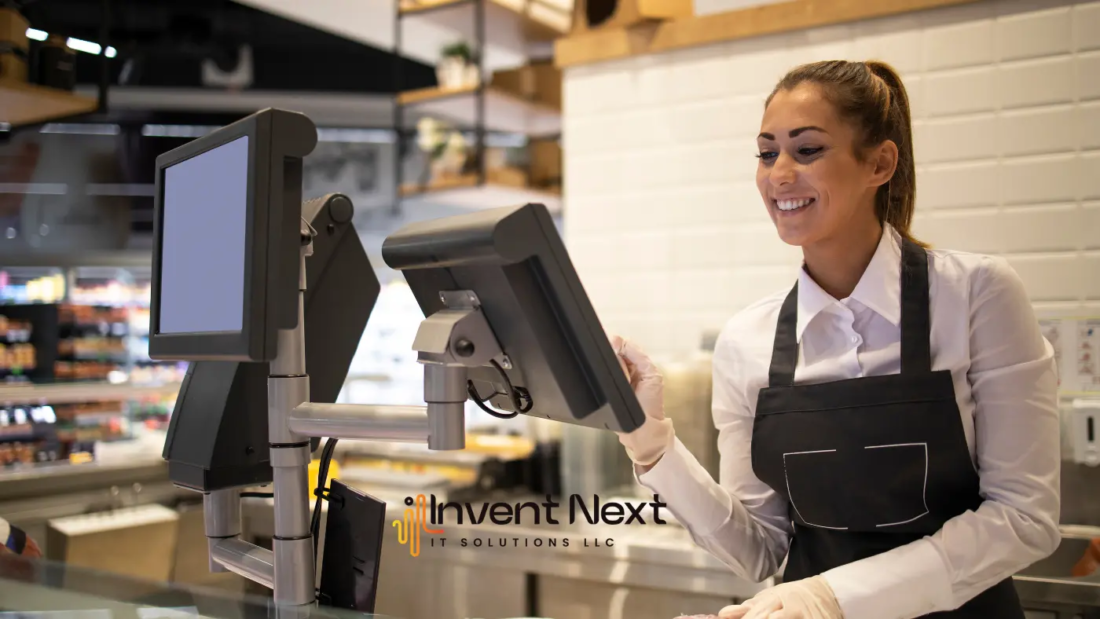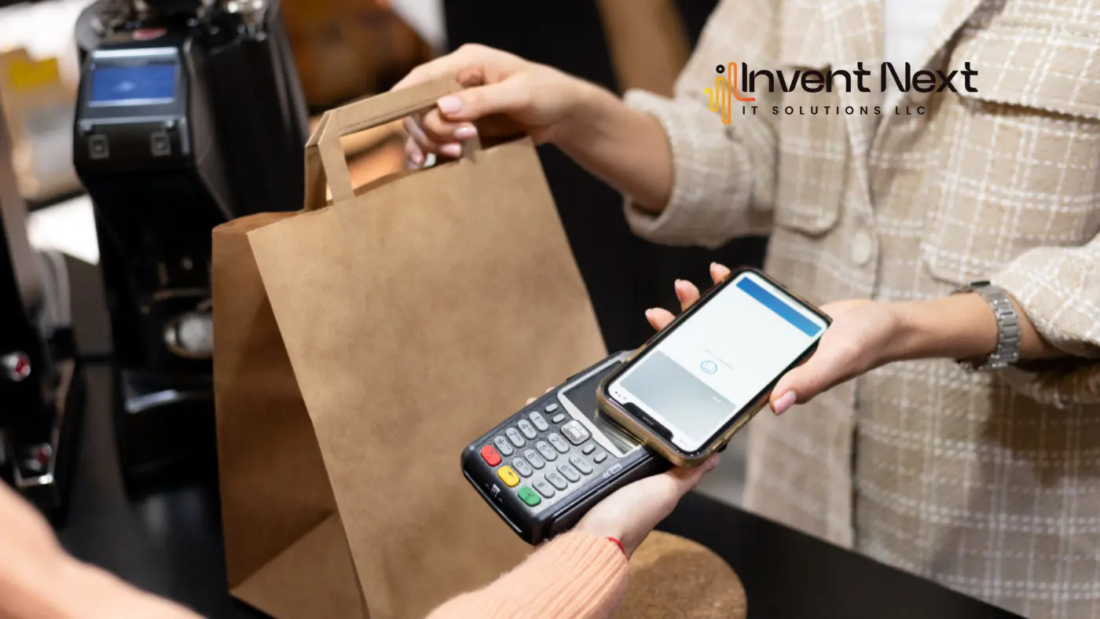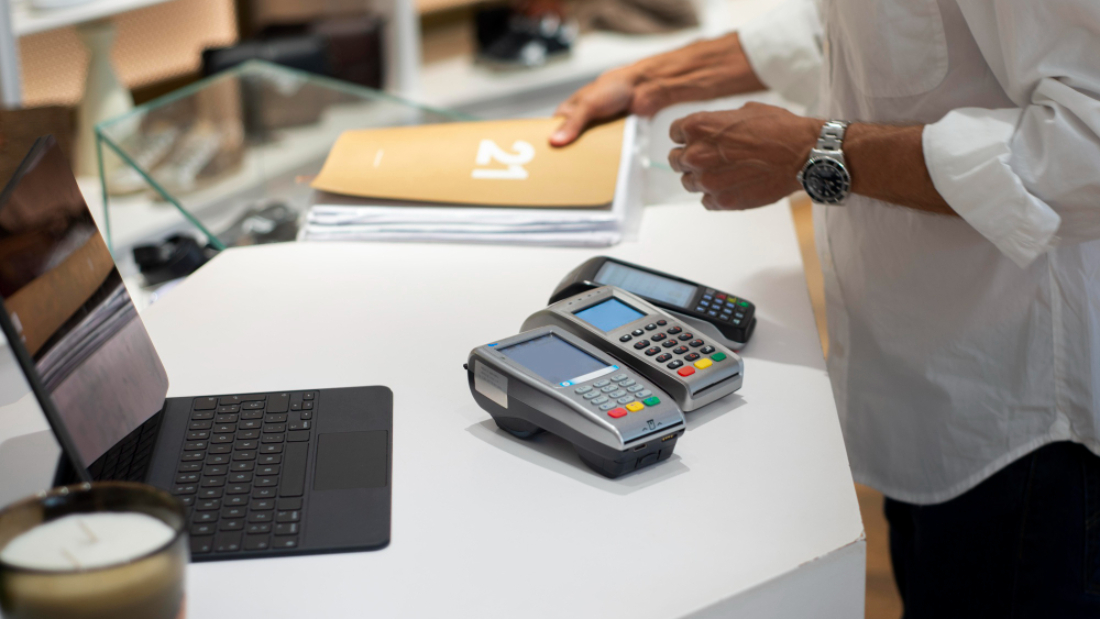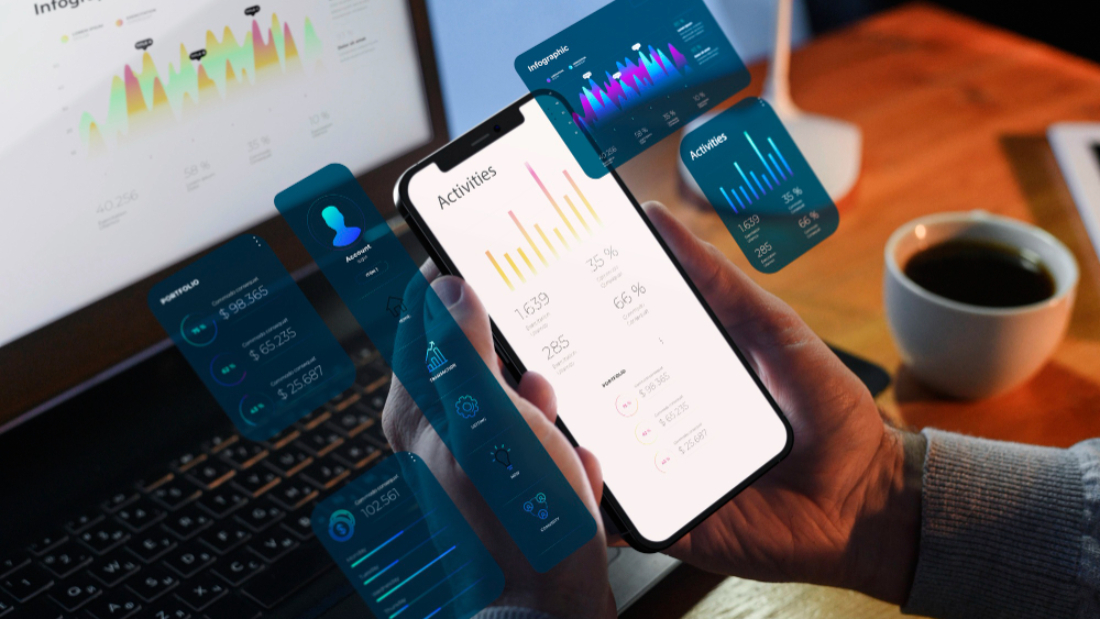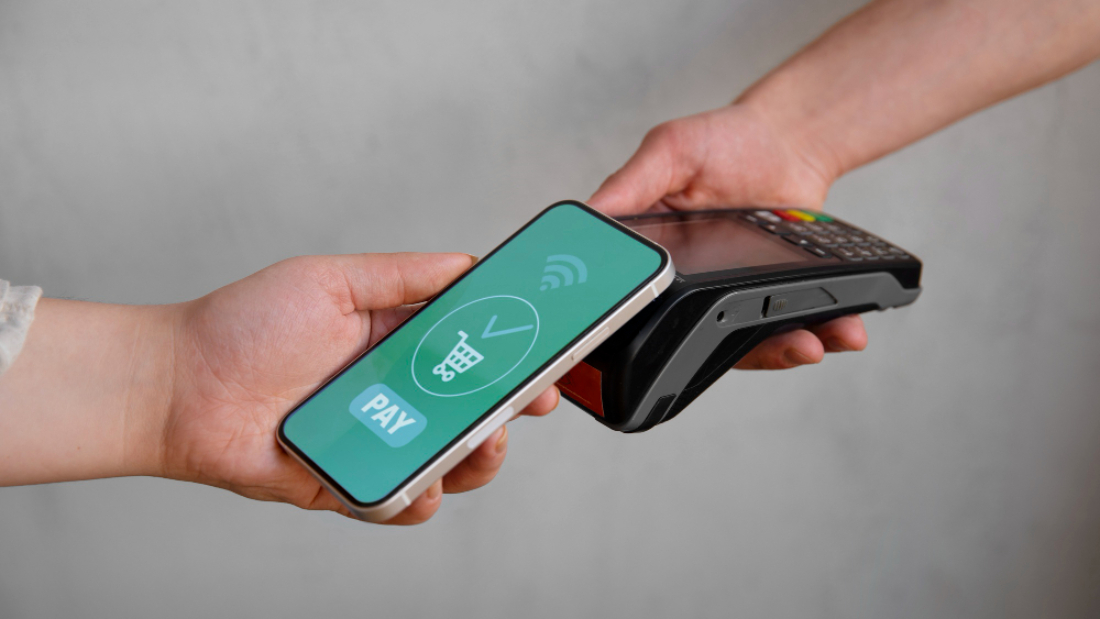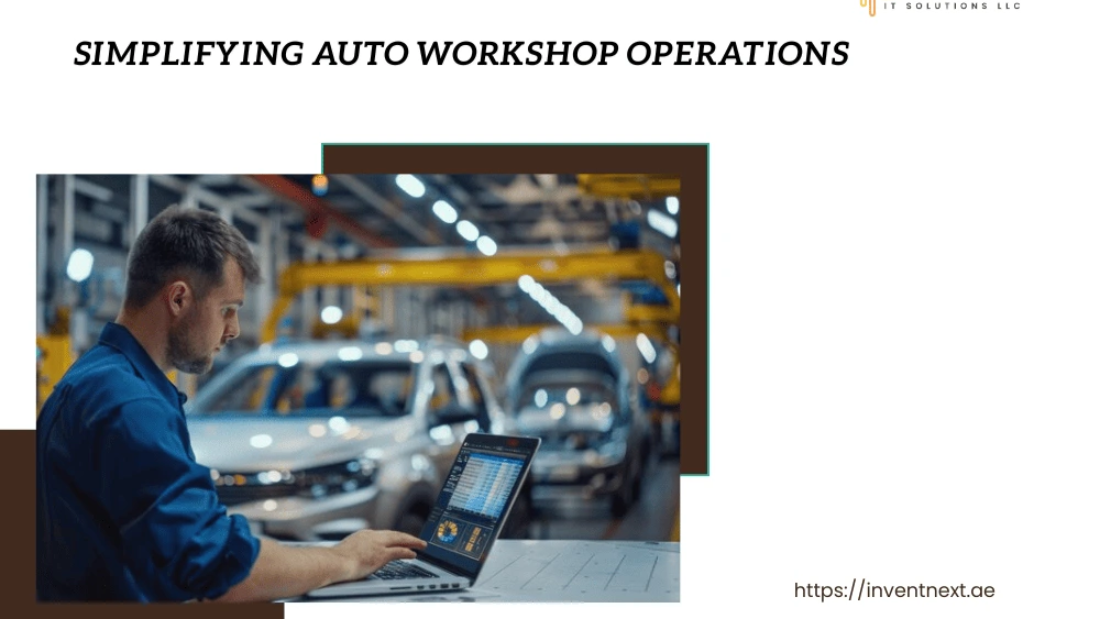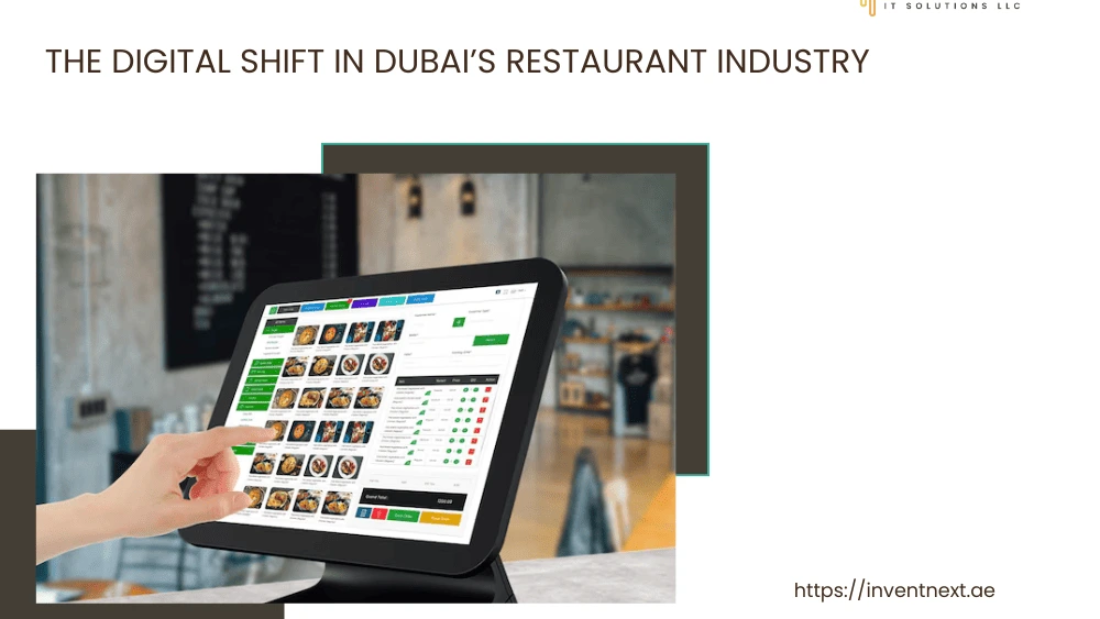Running a retail business in Dubai is highly competitive, and customer expectations continue to rise. Shoppers demand fast billing, accurate pricing, and product availability, while retailers must handle inventory, staff, and reporting efficiently. However, many businesses still operate without retail software in Dubai, relying instead on manual systems or basic billing tools. As a result, daily operations often become slow, error-prone, and difficult to scale. Understanding common problems faced without retail POS clearly shows why POS software has become a necessity rather than a luxury for modern retailers.
Billing Delays and Long Checkout Queues
One of the most noticeable problems retailers face without POS software is slow billing. Manual price entry and outdated billing methods increase checkout time. During peak hours, this leads to long queues and frustrated customers. Consequently, some shoppers abandon their purchases.
In a fast-paced retail environment, speed matters. Therefore, retailers without a reliable Retail POS often struggle to meet customer expectations and maintain a positive brand image.
Frequent Billing and Pricing Errors
Manual billing systems increase the chances of incorrect pricing, missed items, and calculation mistakes. Over time, these small errors accumulate and cause revenue loss. Moreover, repeated billing issues can weaken customer trust and damage business credibility.
POS software minimizes these risks by automating pricing, discounts, and tax calculations. As a result, retailers can ensure consistency and transparency across every transaction.
Poor Inventory Control
Another major challenge is inventory management. Without automation, retailers usually update stock levels only at the end of the day. Because of this, staff lack visibility into real-time product availability.
This situation leads to overstocking of slow-moving items or running out of fast-selling products. In competitive retail markets, poor inventory control directly affects sales and increases operating costs.
Lack of Real-Time Business Insights
Retailers operating without POS software often lack clear, data-driven insights. Sales trends, peak hours, and customer buying behavior remain difficult to track when records are scattered or manual. As a result, decision-making becomes reactive rather than strategic.
Access to centralized reporting helps retailers understand performance more clearly. Therefore, data visibility plays a vital role in long-term business planning.
Difficulty Managing Staff and Daily Operations
As a retail business grows, managing staff manually becomes increasingly complex. Tracking shifts, monitoring performance, and ensuring accountability require significant effort. Without digital tools, productivity often suffers.
A structured POS system simplifies these tasks by recording transactions by user. In addition, it helps business owners manage operations with greater control and clarity.
Inefficient Handling of Discounts and Promotions
Retail promotions are common in Dubai, especially during seasonal sales and shopping festivals. However, without POS software, staff often apply discounts manually. This approach can lead to inconsistencies, confusion at checkout, and revenue leakage.
POS systems allow retailers to predefine offers and promotions. As a result, discounts apply accurately across all transactions, ensuring consistency and customer confidence.
Challenges in VAT Compliance and Reporting
VAT compliance is mandatory for businesses in the UAE. Retailers using manual systems often struggle to maintain accurate tax records. Because manual reporting takes time, errors can occur during filings or audits.
Modern POS systems simplify VAT calculations and reporting. Therefore, retailers can remain compliant while reducing administrative effort and risk.
Limited Scalability for Business Growth
Manual systems may support small operations initially. However, they quickly become a limitation as the business expands. Managing higher sales volumes, larger inventories, or multiple branches becomes difficult without centralized control.
A scalable Retail POS system in the UAE supports business growth by maintaining accuracy and efficiency across operations. As a result, retailers can expand without compromising service quality.
Reduced Customer Experience and Loyalty
Ultimately, operational inefficiencies affect the customer experience. Billing delays, stock shortages, and inconsistent pricing reduce satisfaction. In a city like Dubai, where customers have many options, poor service can easily drive them to competitors.
By streamlining operations, POS software enables faster service and better stock availability. Consequently, retailers can build stronger customer trust and long-term loyalty.
Conclusion
Retailers in Dubai who operate without POS software face challenges that limit efficiency, accuracy, and growth. From billing delays and inventory issues to compliance risks and limited visibility, manual systems often hold businesses back. Therefore, adopting a modern POS solution is essential for retailers aiming to remain competitive.
By improving daily operations and supporting smarter decision-making, POS software helps retailers deliver better customer experiences and achieve sustainable success in Dubai’s evolving retail landscape.

